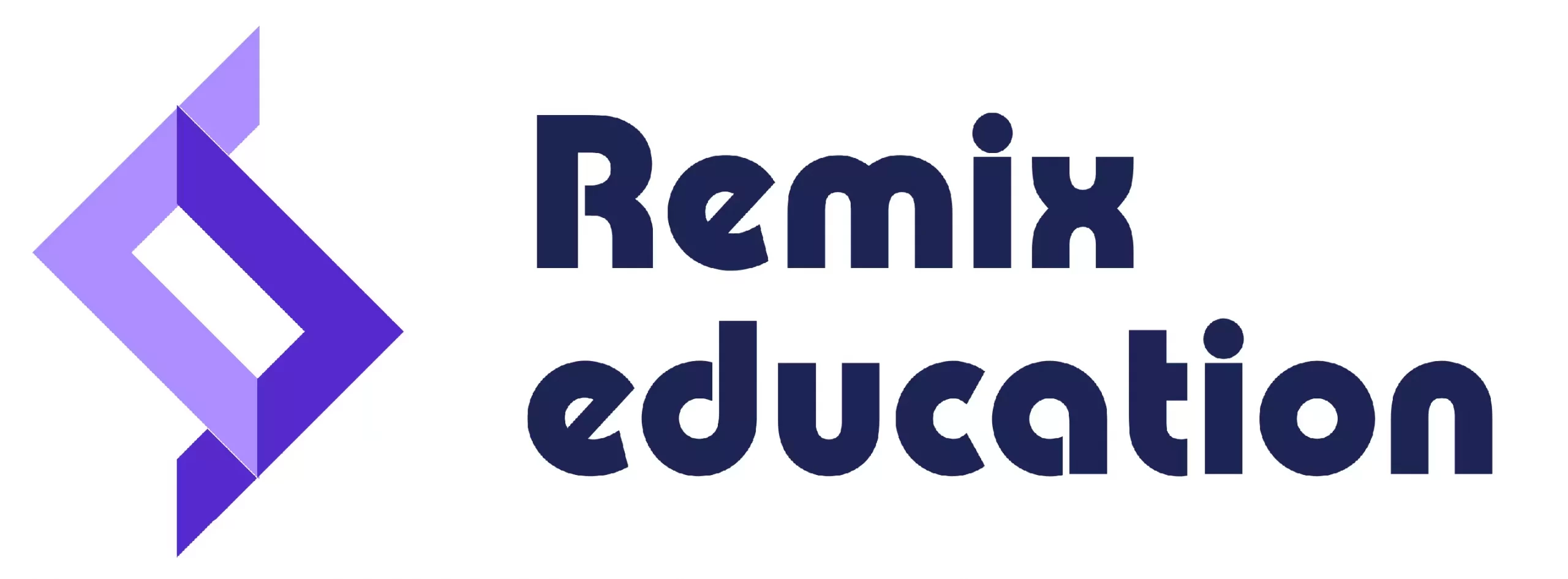Pharmacology MCQs with Answers
1. The mechanism of antibacterial action of tetracycline involves
a) Binding to a component of the 50S ribosomal
b) Inhibition of translocase activity
c) Blockade of binding of aminoacyl – tRNA to bacterial ribosomes
d) Inhibition of DNA–dependent RNA polymerase
2. Chloramphenicol is the drug of choice in
a) Staphylococcal infection
b) Viral infection
c) Amoebic dysentery
d) Salmonella infection
3. Drug which interfere with the bacterial cell wall synthesis is
a) Chloramphenicol
b) Tetracycline
c) Macrolide
d) Penicillins and cephalosporins
4. Superinfections are more common with
a) Use of narrow spectrum antibiotics
b) Short courses of antibiotics
c) Use of antibiotics that are completely absorbed from the small intestines
d) Use of antibiotic combinations covering both gram positive and gram negative bacteria
5. Isoniazid is a primary antitubercular agent that
a. Requires pyridoxine supplementation
b. May discolor the tears, saliva, urine or feces orange-red
c. Causes ocular complications that are reversible if the drug is discontinued
d. May be ototoxic and nephrotoxic
6. Cyclosporine is used for
a. Allergies
b. Angina
c. Prevention of transplant rejection
d. Steroid deficiency
7. Bleomycin is used in most effective drug combination regiment for the chemotherapy of testicular carcinoma. Which one of the following statements about the drug is accurate?
(a) Acts mainly in the M phase of the cell cycle
(b) Derived from the bark of yew trees
(c) Myelosuppression is dose-limiting
(d) Pulmonary infiltrates and fibrosis may occur
8. Spectinomycin is an aminoglycoside-like antibiotic indicated for the treatment of
(a) Gram-negative bacillary septicemia
(b) Tuberculosis
(c) Penicillin-resistant gonococcal infections
(d) Syphilis
(e) Gram-negative meningitis due to susceptible organisms
9. Adverse effects of ciprofloxacin are referable primarily to the following except
(a) Gastrointestinal tract
(b) Kidney
(c) Skin
(d) Nervous system
10. Which of the following is not true of sulfonamides?
(a) They are primarily metabolized by acetylation
(b) They are more likely to produce crystalluria in alkaline urine in which they are less soluble
(c) They may exert bactericidal action in the urinary tract
(d) Used alone, they have become therapeutically unreliable for serious infections
11. The penicillin G preparation with the longest duration of action is
(a) Benzathine penicillin
(b) Sodium penicillin
(c) Potassium penicillin
(d) Procaine penicillin
12. Antiviral agents that are active against cytomegalovirus (CMV) include which of the following?
I. Ganciclovir
II. Foscarnet
III. Acyclovir
(a) Only I is correct
(b) Only III is correct
(c) I and II are correct
(d) I, II and III are correct
13. Which one of the following agents is not used in oral or implantable contraceptives?
(a) Clomiphene
(b) Ethinyl estradiol
(c) Mestranol
(d) Norethindrone
14. Which of the following preparations is used to attain remission of thyrotoxicosis?
(a) Propranolol
(b) Liotrix
(c) Levothyroxine
(d) Propylthiouracil
15. Which side effect of the oral contraceptive subsides after 3-4 cycles of continued use
(a) Glucose intolerance
(b) Rise in blood pressure
(c) Headache
(d) Fluid retention
16. The duration of action of insulin–zinc suspension (lente insulin) is
(a) 2–4 hours
(b) 8–10 hours
(c) 20–24 hours
(d) 30–36 hours
17. Sulfonylureas are more commonly used than biguanides as oral hypoglycaemics because
(a) Biguanides are less efficacious
(b) Sulfonylureas lower blood sugar in both IDDM and NIDDM patients
(c) Sulfonylureas also aid weight reduction in obese diabetics
(d) Biguanides are prone to precipitate ketoacidosis
18. Which fibrioolytic drug(s) is/are antigenic
(a) Streptokinase
(b) Urokinase
(c) Alteplase
(d) Both (a) and (b)
19. Aspirin prolongs bleeding time by inhibiting the synthesis of
(a) Clotting factors in liver
(b) Prostacyclin in vascular endothelium
(c) Cyclic AMP in platelets
(d) Thromboxane A2 in platelets
20. Contraindications to bisphosphonates include all expect:
a. History of hypersensitivity to the bisphosphonate
b. Hypocalcemia
c. Chronic kidney disease
d. Myasthenia gravis
Answers key
1. c
2. d
3. d
4. d
5. a
6. c
7. d
8. c
9. b
10. b
11. a
12. c
13. a
14. a
15. c
16. a
17. a
18. a
19. d
20. d
